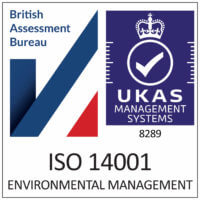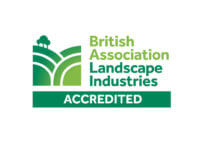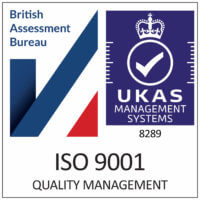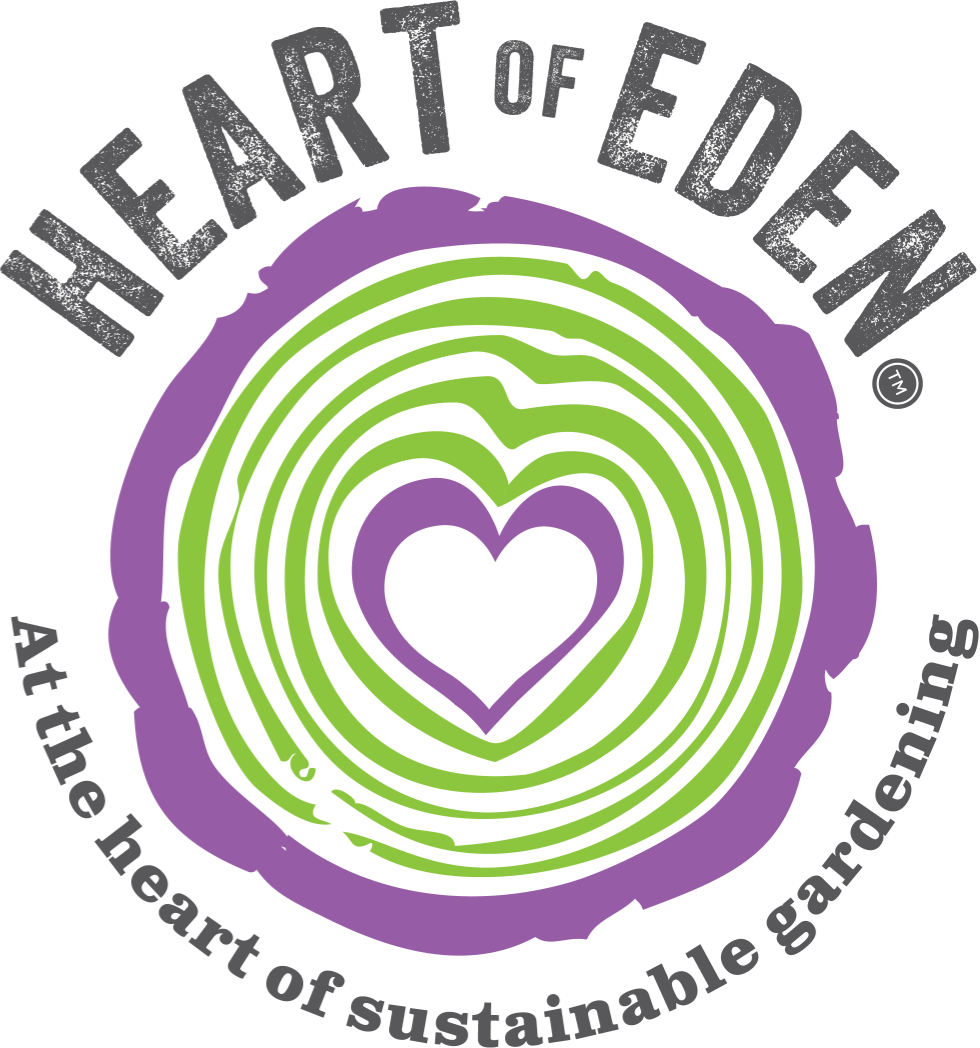Is peat-free all-purpose compost appropriate for water features?
Oct 17th 2023
If you have a water feature or an aquatic garden, you may be wondering if peat-free all-purpose compost is suitable for your plants. Water features bring a unique beauty to any outdoor space, but ensuring the proper soil composition is crucial for the health and growth of your plants. In this article, we will explore whether peat-free all-purpose compost is the right choice for water features and discuss the potential benefits and drawbacks of using this type of compost in aquatic environments.
Understanding peat-free all-purpose compost
Peat-free all-purpose compost is a type of compost that does not contain peat, which is a non-renewable resource. Instead, it is made up of a mixture of organic materials. The compost is specially formulated to provide a nutrient-rich growing medium for plants.
Advantages
One of the main advantages of using peat-free all-purpose compost is its positive environmental impact. By avoiding the use of peat, which is harvested from sensitive ecosystems such as peat bogs, you are helping to preserve these valuable habitats. Additionally, the use of organic and sustainable materials in the compost helps reduce waste and promote recycling.
Environmental impact
The use of peat-free all-purpose compost in water features and aquatic gardens can have a positive environmental impact. Peat extraction from bogs contributes to habitat destruction, carbon dioxide emissions, and loss of biodiversity. By choosing peat-free compost, you are actively contributing to the conservation of these fragile ecosystems.
Furthermore, the use of sustainable organic materials in compost helps promote recycling and reduce waste. This is important for maintaining a healthy ecological balance in aquatic environments. By using compost that is free from harmful chemicals and additives, you are creating a more sustainable and natural environment for aquatic life.
Importance of substrate in water features
The substrate in a water feature plays a crucial role in the overall health and stability of the aquatic system. It serves as a medium for plant roots to anchor and access nutrients, as well as a habitat for beneficial microorganisms that help maintain water quality. Choosing the right substrate is therefore essential for the success of your water feature.
Key considerations for water feature substrates
When selecting a substrate for your water feature, there are several key considerations to keep in mind. Firstly, it should be able to retain water without becoming waterlogged, as excessive water retention can lead to root rot and other detrimental effects on plant health. Secondly, the substrate should have good drainage to prevent water stagnation and the buildup of harmful bacteria. Finally, it should provide a stable and secure base for plants to grow and thrive.
Benefits of using compost in aquatic gardens
Using compost in aquatic gardens can bring about a number of benefits. Firstly, compost is rich in nutrients that are essential for plant growth. These nutrients are slowly released into the water, providing a steady supply of nourishment for aquatic plants. Moreover, compost helps to improve soil structure and fertility, leading to healthier and more vibrant plants. In addition, the organic matter in compost acts as a natural filter, helping to remove impurities and maintain water clarity.
Absorption and water retention capabilities
Peat-free all-purpose compost typically has good absorption and water retention capabilities. The use of alternative organic materials, such as composted bark fines, allows the compost to retain moisture while still allowing for adequate drainage. This is important in water features, as it ensures that the plants have access to water without risking waterlogging or root rot.
Effects on water quality
Peat-free all-purpose compost has minimal effects on water quality in water features. Since it is made from organic and sustainable materials, it does not contain harmful chemicals or additives that could leach into the water and impact aquatic life. Additionally, the compost acts as a natural filter, helping to remove impurities and maintain water clarity.
Plant growth and nutrient availability
Using peat-free all-purpose compost in water features can promote healthy and vibrant plant growth. The compost provides a nutrient-rich environment for plants to thrive, supplying them with the necessary nutrients for their growth and development. With regular watering, the compost slowly releases these nutrients into the water, ensuring a continuous and balanced supply for the aquatic plants.
Compatibility with aquatic life
Peat-free all-purpose compost is generally compatible with aquatic life. Since it is free from harmful chemicals and additives, it does not pose a direct threat to fish, invertebrates, or other aquatic organisms. However, it is important to consider the specific needs and preferences of the aquatic life in your water feature. Some species may require specific substrates or water conditions for optimal health and well-being.
Advantages of peat-free compost in water features
Using peat-free compost in water features offers several advantages. It promotes environmental sustainability by reducing the demand for peat extraction and preserving precious peat bog habitats. Peat-free compost also contributes to a healthy and natural aquatic environment by providing essential nutrients for plant growth, helping to filter impurities, and maintaining water quality. Moreover, it is a more sustainable option that supports recycling and waste reduction efforts.
Choosing the right compost for your specific water feature
When choosing the right compost for your water feature, consider the specific needs of your plants and the overall goals of your project. Peat-free all-purpose compost can be a suitable option for most water features, as it provides adequate nutrient availability, water retention, and drainage capabilities.
Maintenance and care considerations
Proper maintenance and care are essential to ensure the long-term health and success of your water feature. Regular monitoring and adjustment of water parameters, such as pH and nutrient levels, is crucial for the well-being of your aquatic plants and animals. Regularly remove any debris or decaying matter to prevent nutrient imbalances and maintain water quality. Additionally, prune and trim plants as needed to keep them in optimal condition.
Monitoring and adjusting water parameters
Regular monitoring of water parameters is essential for the overall health and stability of your water feature. Test the water regularly for pH, ammonia, nitrite, and nitrate levels to ensure they are within the appropriate range for your plants and aquatic life. Adjust any imbalances by adding appropriate water treatments or adjusting the composition of your compost and planting mix.






